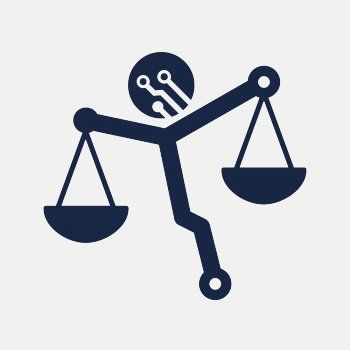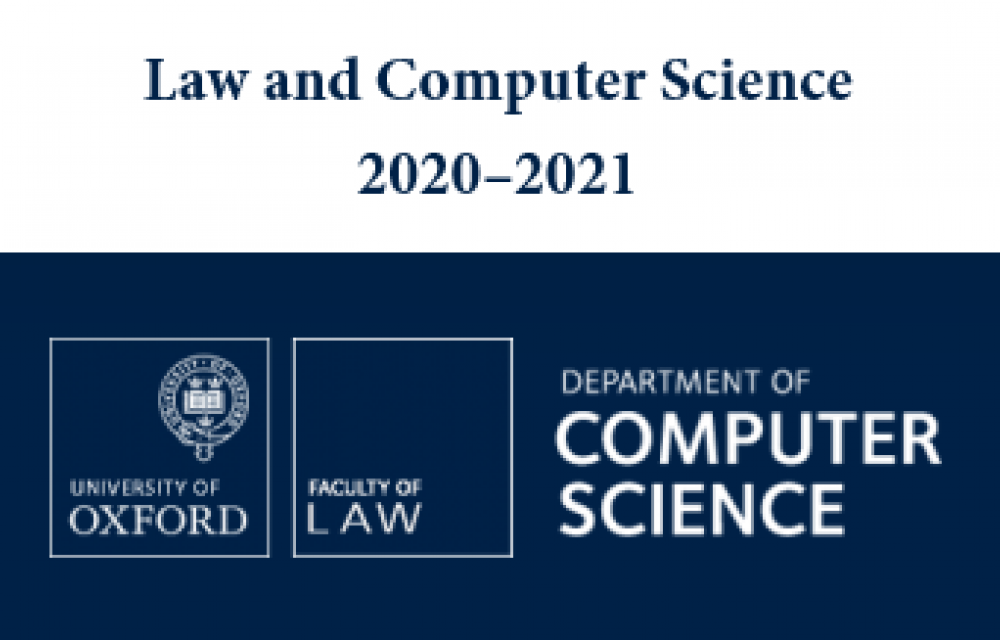The proposed research will explore the potential and limitations of using artificial intelligence (AI) in support of legal services. AI's capabilities have made enormous recent leaps; many expect it to transform how the economy operates. In particular, activities relying on human knowledge to create value, insulated until now from mechanisation, are facing dramatic change.
Legal services contribute to the economy both through revenues of service providers and through benefits provided to clients. For large business clients, who can choose which legal regime will govern their affairs, UK legal services are an export good. For small businesses and citizens, working within the domestic legal system, UK legal services affect costs directly. Yet, unlike other professions the legal system has a dual role in society. Beyond the law's role in governing economic order, the legal system is more fundamentally a structure for social order. It sets out rules agreed on by society, and also the limits of politicians' ability to enact these rules.
Consequently, the stakes for AI's implementation in UK legal services are high. If mishandled, it could threaten both economic success and governance generally. If executed effectively, it is an opportunity to improve legal services not only for export but also for citizens and domestic small businesses. Our research seeks to identify how constraints on the implementation of AI in legal services can be relaxed to unlock its potential for good. With careful positioning, the UK’s strength in AI research and relatively liberal legal services regulation may allow it to establish a comparative advantage in AI for legal services.
Project Structure
The project consists of 6 interlocking work packages (WPs)
WP1, WP4 and WP5 look at complementarities that support implementation of AI, respectively at the firm level (strategy and governance), the sector level (skill investment and technology transfer), the country level (comparisons of national skills and innovation policies) and the individual level (technology-driven education, skills and training). WP2 seeks to map the constraints of legitimacy and current technology for digital dispute resolution, and WP3 is work on semantic systems at the technological frontier of AI in legal reasoning. In addition to research, WP5 involves a significant component of knowledge exchange through co-development of educational packages with our partner organisations. Results from the other WPs will feed into the content of these packages





